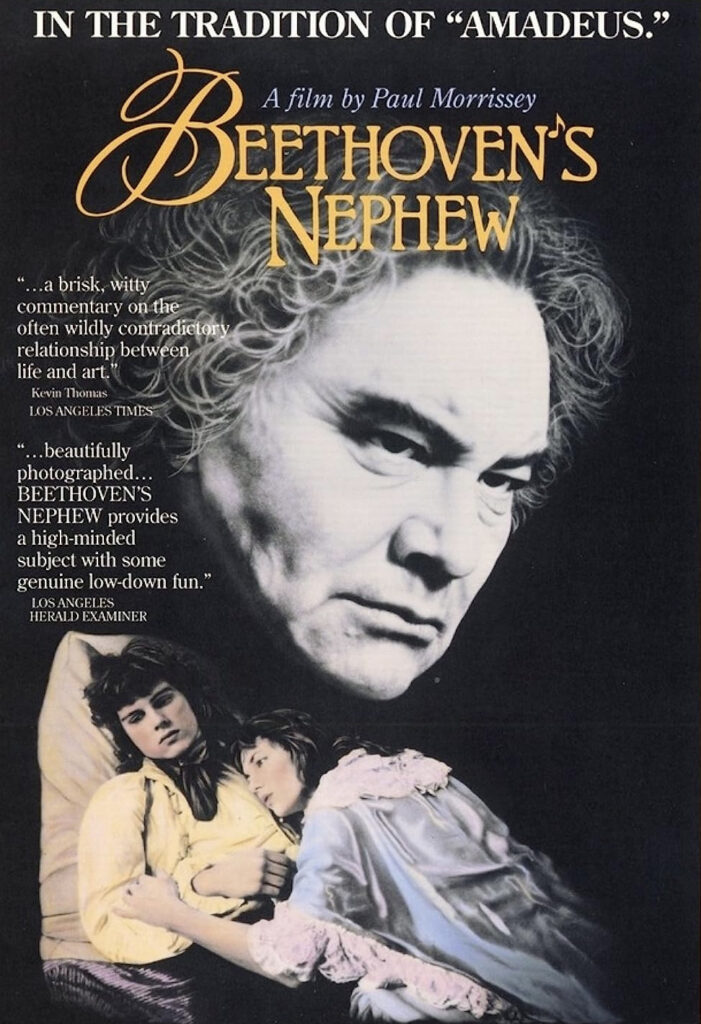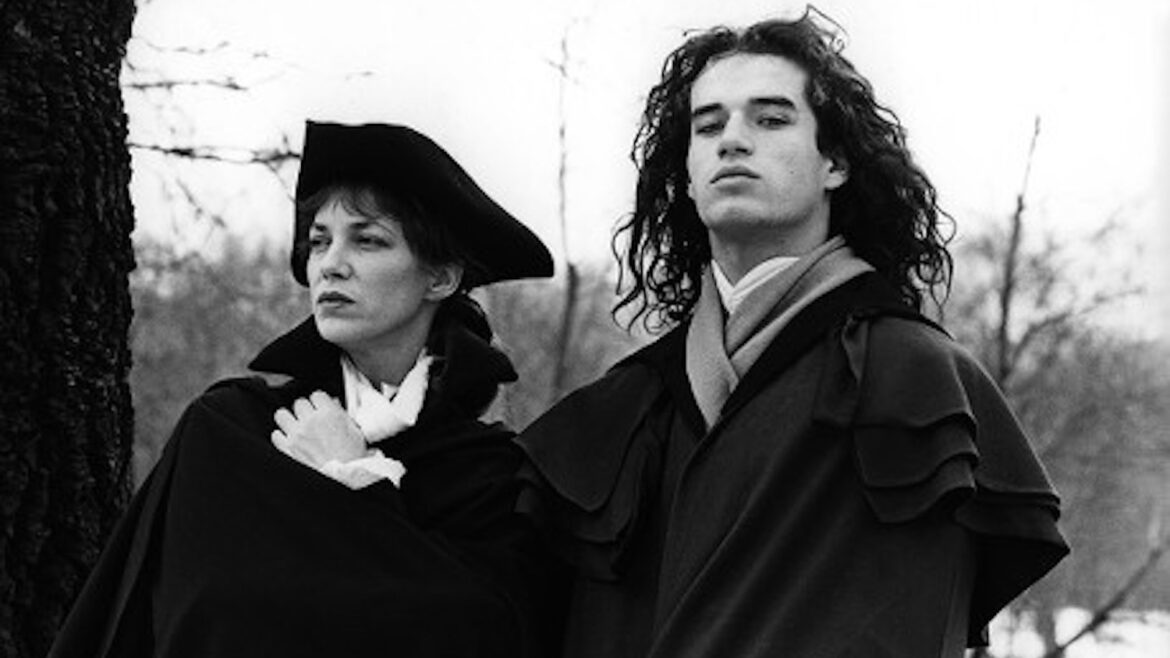I think it was my sadness reading about the death of the sublime Jane Birkin that encouraged me to revisit a 1985 film she was in that was directed by Paul Morrissey– Beethoven’s Nephew. I remember loving the movie when it came out but seeing it again after so many years really convinced me of its brilliance. And how darkly funny it is.

The film didn’t get much love from critics when it opened, save for a witty rave from Kevin Thomas in the Los Angeles Times: “In his compassionate but sly ‘Beethoven’s Nephew’ Paul Morrissey combines the camp pathos and humor of his Warhol films with a formality and elegance that is new in his work.” I also loved the title of the review: “Mad About the Boy,” which perfectly describes the film.
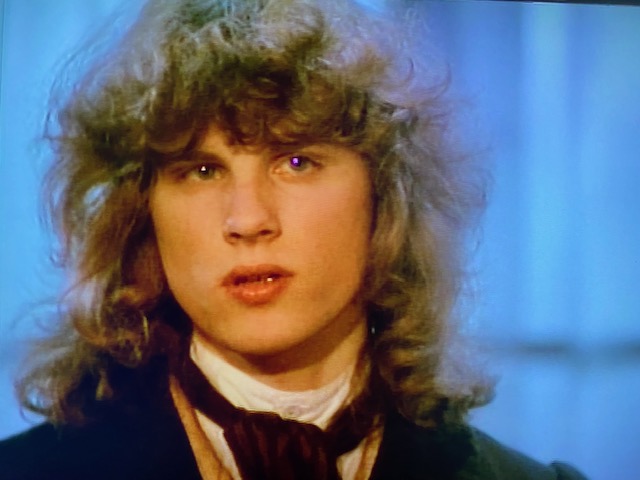
Wolfgang Reichmann is appallingly spectacular as Ludwig Van Beethoven. He bellows, roars, berates staff, constantly wearing out his welcome at several abodes provided by wealthy patrons of the arts. He even charges people to watch him eat lunch. Morrissey did a lot of research for the film and his screenplay with Mathieu Carriere (who plays Archduke Rodolphe) paints Beethoven as a thoroughly nasty man. “Beethoven was pure Moliere, a character of lunacy and exaggeration, not the Shakespearean hero that the Germans now pretend,“ Morrissey explains.
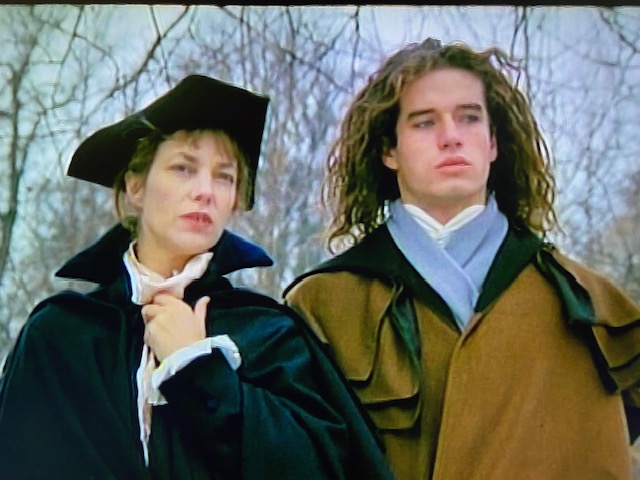
But much of Beethoven’s obsession is over his young, handsome nephew Karl (Dietmar Prinz). He has a stranglehold over him. He forces him to play piano. He asks the staff to alert him of any letters Karl writes. He follows him out ice skating, sitting on a bench to monitor him. When Karl demands to attend boarding school, Beethoven moves in across the street and sits in on his classes. He goes to court repeatedly to keep Karl from the clutches of his mother (Jane Birkin) who Beethoven rants is nothing but a “whore.”
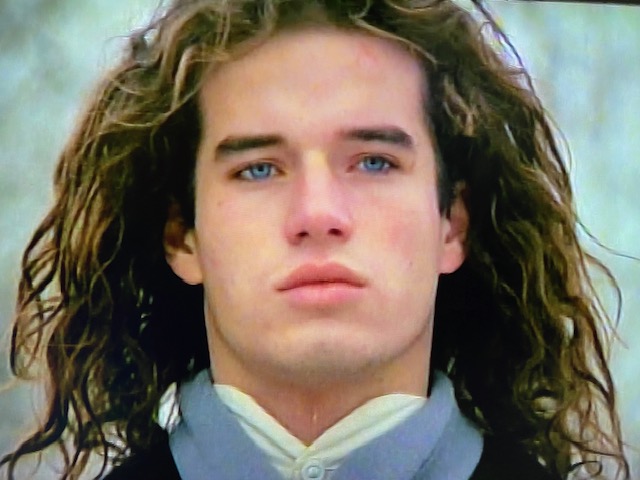
Dietmar Prinz is not really an actor- he certainly looks beautiful, but he spends the whole movie with a petulant look on his face. But that actually works. The scenes where he secretly meets with his mother are rather touching. Birkin is just wonderful- she has a wounded, tragic beauty about her. And you can see Karl straining to have some kind of relationship with her, but the fact that she brought along her latest handsome boy-toy (striking Walter Schupfer) sours the meeting.
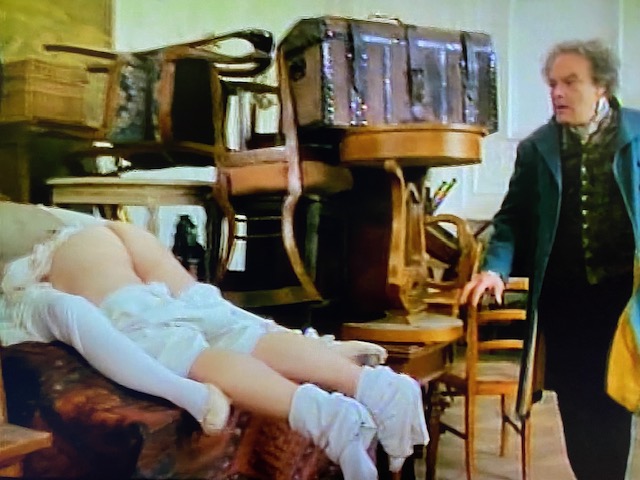
It’s hard not to watch this movie without thinking of it in sexual terms, with Beethoven unhealthily obsessed with his ward. Especially in a scene where he finds Karl having sex with a maid and literally pulls him off her. But Morrissey is adamant that isn’t the case, “That’s a ‘liberal’ Freudian idea. I never thought this. There was no eroticism. What he seemed to want was what Frankenstein and Dracula wanted, control and possession.” But I have to admit, reading the movie the other way makes it a whole lot more fun. And in an interview with Newsweek in 1974 Morrissey admitted, “I’ve always made anti-erotic comedies. Sex is the best subject for comedy because it’s so silly.”

Beethoven finally goes apoplectic when Karl enters into an affair with a promiscuous actress- Leonore (played by the exquisite Nathalie Baye). Karl defiantly brings her to his uncle’s premiere performance of the Ninth symphony. Beethoven’s fury and deafness make his conducting the orchestra a disaster and he is led away, humiliated, despite that the final performance has the crowd cheering on their feet.
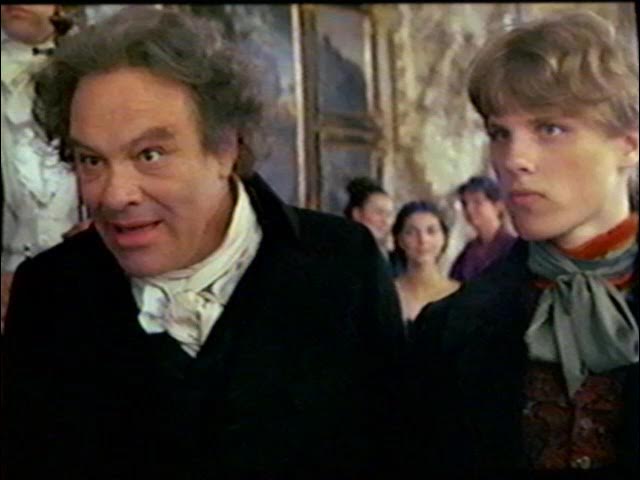
In The Films of Paul Morrissey by Maurice Yacowar, the director admits he “was always entirely sympathetic to Beethoven. I feel sorry for him because he was a victim of his own selfishness.” And there is a touching scene between Beethoven and the actress, who plans to run away with Karl, where he begs her not take him. “He means more to me than my music….My health is gone. How much longer I live is only a guess. But I should spend the rest of my days without him is unthinkable.” Afterwards, Leonore leaves in a carriage without Karl.
Filmed in Vienna with sumptuous sets and elegant costumes, this may not look like a Paul Morrissey film, but there is the sardonic humor, the gorgeous, sullen boys, the wryly perverse undercurrent that fits right in with all his other great transgressive films.
